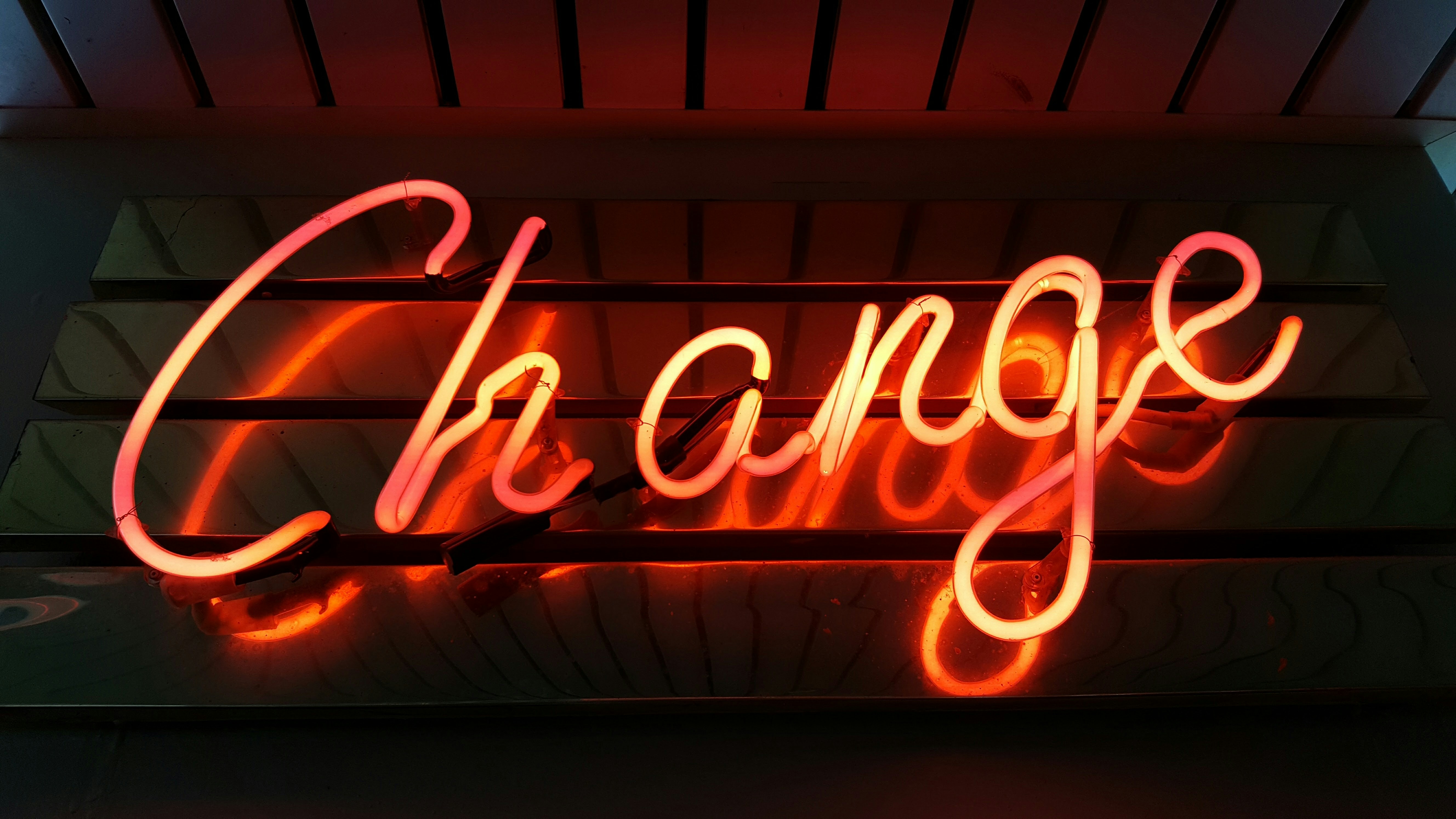There was a time, not long ago, when every brand from your breakfast cereal to your bank seemed desperate to prove they cared. Really cared. About climate, inclusion, pronouns, mental health, mental health of penguins, you name it. The era of performative “wokeness” hit its peak somewhere between 2019 and 2021, when corporations practically fell over themselves to out-virtue-signal each other. But something has changed. The flag-waving has grown quieter. The hashtags have faded. The rainbow logos are being taken down quicker than Christmas decorations in January.
We’re entering the Great Unwokening.
From Billboards to Backpedalling
Between 2015 and 2021, the world watched brands scramble to find a cause, any cause, to champion. Market research suggested that as many as 70% of consumers wanted brands to take a stance on sociopolitical issues, and companies responded with glossy campaigns, reworked mission statements, and more buzzwords than a TEDx talk on digital mindfulness.
Words like “allyship,” “equity,” and “inclusion” became as common in corporate communications as quarterly earnings. For a while, it worked. Or at least, it didn’t not work.
But by 2022, the glow began to fade. By 2023, it started to burn. And by 2024, the mood had shifted entirely. Politicians (Ron DeSantis, looking at you), activist investors, and a now sceptical public had started pushing back. A backlash was brewing. And big brands? They blinked first.
The High Price of Hollow Conviction
Let’s not beat around the bush: many of these initiatives were less about actual change and more about optics. Enter the concept of “woke-washing” , a kind of ethical cosplay where a company slaps a rainbow on a packet of biscuits while outsourcing labour to countries with a shaky-at-best human rights record.
Unsurprisingly, the public caught on. And the backlash? Swift. Brutal. Costly.
Bud Light partnered with a trans influencer. A conservative boycott followed. Sales tanked 11% in a week. Then 29.5%. Then $26 billion in market value disappeared like it had been left on a pub bar and forgotten.
Target faced outrage over LGBTQ+ themed merchandise during Pride Month. Not only were products pulled from shelves, but the company posted a 5.4% drop in Q2 2023 sales.
Disney became a lightning rod for accusations of “woke content,” leading to subscriber losses, falling park attendance, and layoffs. The “magic” was missing.
And it wasn’t just these three. Costa Coffee, Gillette, NatWest , all caught straddling a line between progressive branding and alienating swathes of customers. Turns out people can spot the difference between sincerity and strategy.
Post-Woke: A New Chapter in Corporate Conscience
The answer, it seems, isn’t less conscience. It’s better-integrated conscience. We’re now witnessing the evolution of social responsibility from a megaphone to a blueprint, companies embedding purpose into their operations rather than sticking it on top like decorative parsley. This quieter, more focused approach is defined by four key rules:
Authenticity: If you’re going to talk the talk, make sure it aligns with your actual business.
Alignment: Don’t champion causes that have no logical link to your products. It’s weird.
Representation: Involve the people you’re trying to help, not just their hashtags.
Intentionality: Don’t rush. Be thoughtful. Consider how it lands, because it will be judged.
Some brands are doing this well. Patagonia doesn’t just do sustainability; it is sustainable. Dove has stayed largely consistent in its messaging around body positivity. Ben & Jerry’s has baked activism into its business since the start, even if the ice cream does sometimes seem to come with a side of protest.
Winners, Losers, and the Curious Case of ESG
Like most corporate trends, “woke capitalism” produced clear winners and casualties:
Winners:
Institutional investors who used ESG frameworks to shape boardroom priorities.
Large corporations who could absorb the cost of compliance and signal virtue while pricing out smaller competitors.
Accountants and consultants, who billed handsomely to help brands navigate this moral minefield.
Executives who used these movements to polish their own reputations.
Losers:
Small businesses, buried under ESG bureaucracy they couldn’t afford.
Consumers, who paid higher prices thanks to the cost of compliance being passed along.
Brands like Bud Light, who took real-world hits for badly handled campaigns.
And maybe most ironically: the progressive movement itself, which found its ideas diluted and commercialised, often weaponised for PR rather than actual change.
Final Thought: Sincerity is Back in Fashion
Wokeness isn’t dead, it’s just under new management.The trend now favours companies who show, not tell. Brands that speak less in hashtags and more in substance. And if that sounds familiar, it’s because it’s not new. It’s just business done well. You don’t need a rainbow logo to do the right thing. You just need to mean it.

